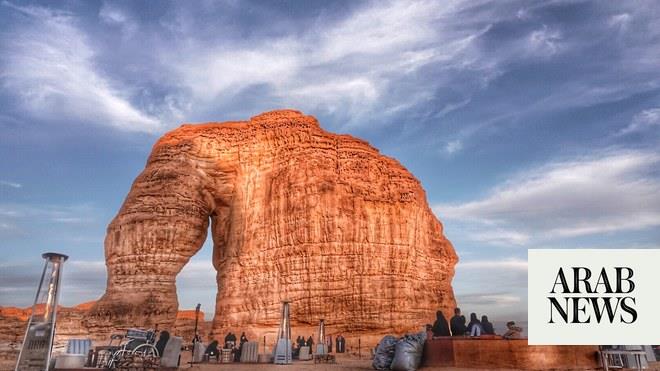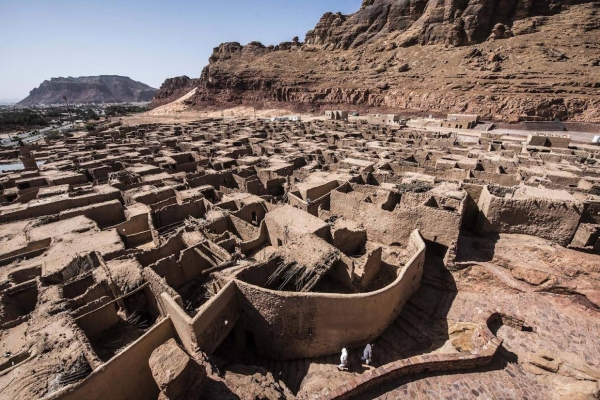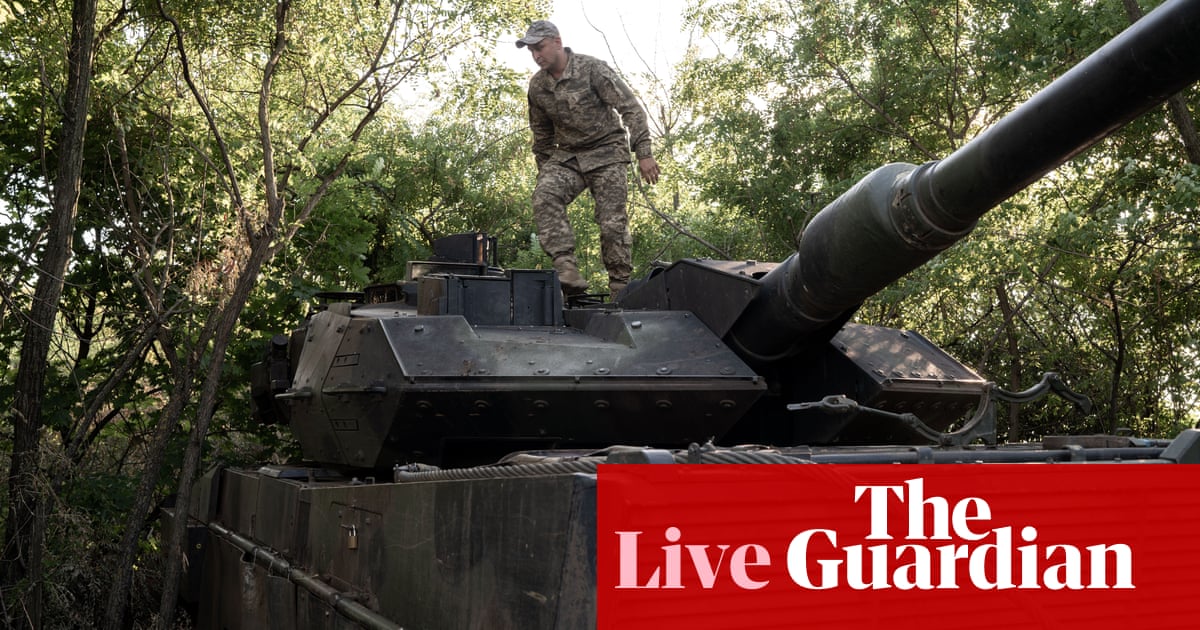
Australia’s bushfire disaster last summer was just a glimpse of what global heating will deliver to the country in the future, with major changes needed to the way the nation responds, according to the final report of the royal commission.
The royal commission has made 80 recommendations, including calls for a more co-ordinated approach and new legislation to allow the prime minister to declare a national state of emergency.
The wide-reaching recommendations cut across national and state-based responses, and say there needs to be standardised and consistent approaches. A national cabinet approach is also recommended.
Global heating that was driving more catastrophic fire weather could compromise traditional firefighting techniques and make models used to predict bushfires less effective, the report says.
The chair of the commission, retired air chief marshal Mark Binskin, wrote in the report’s foreword: “Every state and territory suffered fire to some extent. The fires did not respect state borders or local government boundaries. On some days, extreme conditions drove a fire behaviour that was impossible to control.”
The royal commission was formally requested by the government in February after fires that started in July 2019 spread across much of the east coast and parts of South Australia, burning between 30m and 40m hectares for more than six months.
The commission was chaired by Binskin, with former federal court judge Annabelle Bennett and climate policy expert Prof Andrew Macintosh making up the panel of three.
The federal emergency management minister, David Littleproud, said 14 of the recommendations were for the commonwealth, 23 related to the states and 41 covered areas of responsibility shared.
He said the government was “committed to responding to and actioning many of the recommendations as soon as possible.”
He said the report contained lessons for governments, essential service providers, insurers, charities, communities and individuals. All the recommendations were “pragmatic” he said, and he could see no issues with any of those that related to the federal government.
There needed to be a “single source of truth” for data on bushfires, he said, and work on this had started.
Some 270 witnesses gave evidence and more than 2,000 documents were provided in evidence, as well as more than 1,700 submissions.
During the fires at least 33 people died, more than 3,000 homes were destroyed and major cities, including Melbourne, Sydney and Canberra, were choked with smoke.
It has been estimated at least 400 people died from the effects of the smoke, with about 4,500 needing hospital treatment.
Conservationists estimated that 3bn animals were killed or displaced, with fears the fires across a range of different landscapes could send some species to extinction.
Some 119 animals, 486 plants and 191 invertebrates were identified by a government-appointed science panel as being severely impacted by the fires, which also affected 37 already-threatened ecosystems.
The commission was given a wide brief and was asked to look at how Australia was prepared for bushfires, how responses were coordinated and how communities were recovering.
Bushfires are annual events across Australia, but the scale, length, and severity was on the rise, the report said.
The commission also looked at how resilient the country was to the increasing risk from global heating and how impacts could be reduced.
More to follow












